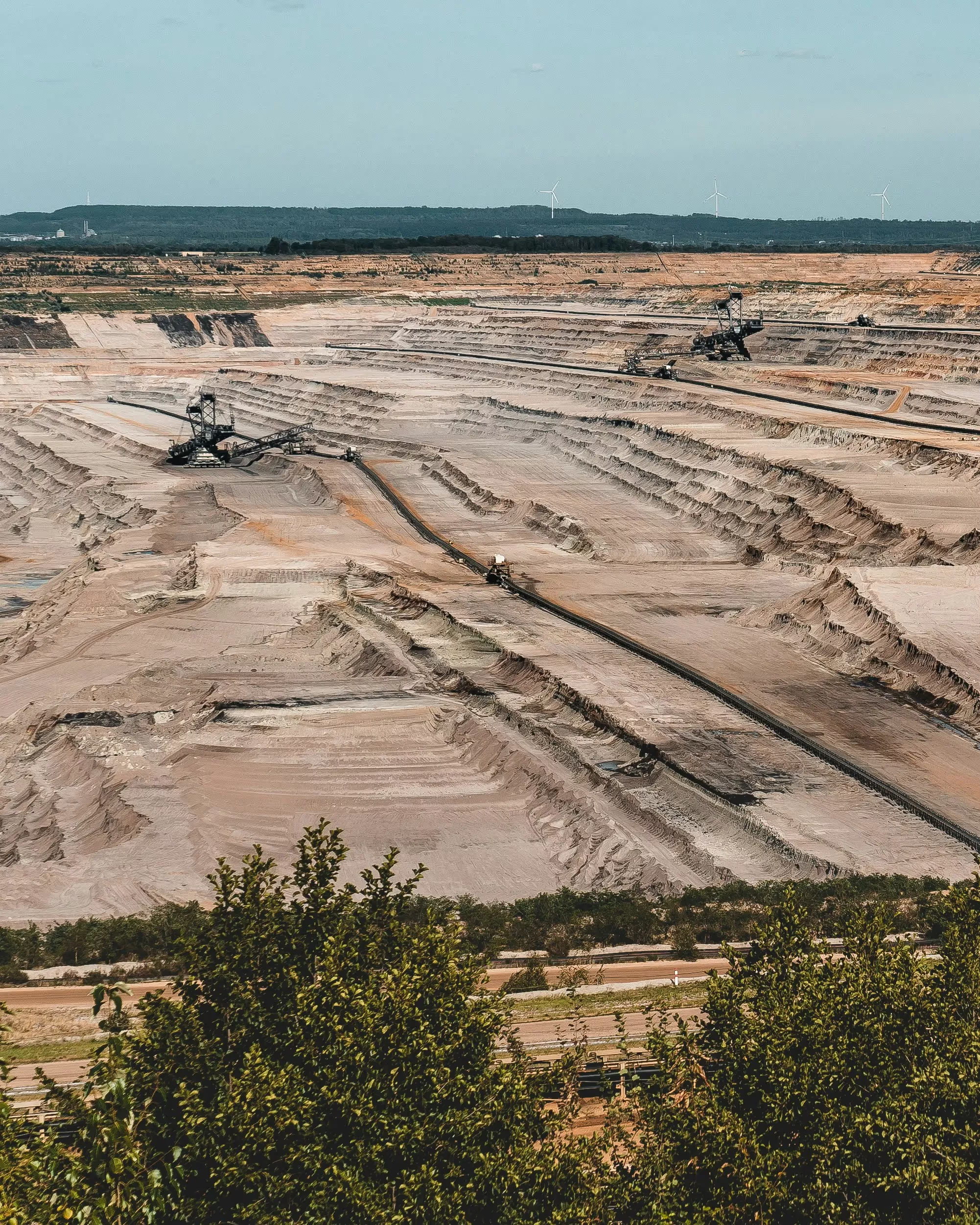Fuel and energy-related activities (FERA), classified under Scope 3 Category 3 in the Greenhouse Gas (GHG) Protocol, encompass the indirect emissions associated with the production, transmission, and delivery of fuels and energy purchased by a company, which are not accounted for in Scope 2 emissions.
These emissions are consequential to the company's energy use but occur outside its organisational boundaries, including:
- Extraction, production, and transportation: Emissions arising from the extraction, refining, and transportation of fuels (e.g., oil, gas, coal) that the company uses for its operations but does not directly emit from its owned or controlled sources (Scope 1) or include in its purchased electricity, heating, cooling, and steam consumption (Scope 2).
- Transmission and distribution losses: Emissions from losses that occur during the transmission and distribution (T&D) of electricity or heating/cooling energy from generation to the point of use. These losses are inherent in energy distribution networks and vary by region and efficiency of the T&D system.
- Waste and wastewater treatment: Emissions associated with the treatment and disposal of waste and wastewater generated from fuel and energy production processes, which are not directly emitted by the company's operations.
Accurately accounting for FERA emissions allows companies to comprehensively understand their indirect energy-related emissions, identify opportunities for reducing their carbon footprint across their value chain, and make informed decisions to source more sustainable energy.
This category is pivotal for companies with significant energy procurement practices, as it highlights the indirect emissions embedded in their energy supply chain, offering a broader perspective on their environmental impact.
Learn more about Scope 3 emissions. Discover our whitepaper "The business case for sustainability" to explore advanced strategies to drive sustainability within your company.


